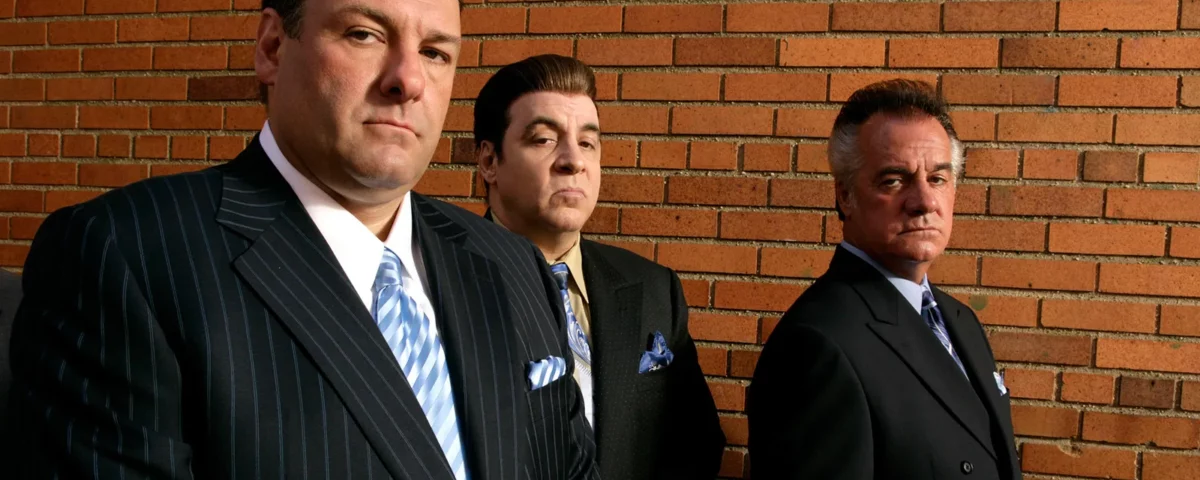“You need to write about your mother. Your mother is money in the bank.”
So The Sopranos writer and producer David Chase told the BBC’s Mark Lawson about the unlikely inspiration behind his groundbreaking crime drama in an extended 2006 interview.
As he recalled, his wife Denise had long been convinced that his mother was comedy gold, and that other people would see it too. She wasn’t the only one who thought this: colleagues on TV shows he was working on would say the same thing when they heard his stories about her, but he struggled to know how to translate them to the screen. “I thought, ‘why would anybody want to see that? A TV producer with a sort of crazy overbearing mother?’
More like this:
– How The Sopranos reinvented how we watch TV
– Are Mafia dramas getting too close for comfort?
– Why The Wire is the greatest TV show of the 21st Century
“I never paid it much thought. Then something made me think that it might be funny to do a story about a guy who was a lot tougher than me. A lot more masculine, tough, savage, all those things, with a mother like that.
“I thought it could be interesting if the guy was a mobster, who puts his mother in a nursing home and she wants to have him killed for that. And, through therapy, he realises that his real enemy in the mob, not only in his life, but in his internal dynamic, is his mother. That would be a good comedy.”
And so began the genesis of one of the most acclaimed TV dramas of all time.
The Sopranos was more than just a crime show; it was a cultural phenomenon. A complex tale of the turbulent life of mob boss Tony Soprano, it depicts a man suffering such debilitating panic attacks from contending with everyday family commitments, the demons from his disturbed childhood and the reality of his brutal and dangerous day job, that he seeks therapy with psychiatrist Jennifer Melfi.
David Chase had been to therapy himself. “I think I was anxious a lot. My mother made everybody anxious,” he said. Although his mother, unlike Tony’s mum Livia, never went as far as to take out a contract on him, she was prone to violent mood swings throughout his childhood and he often felt scared. He remembered once being held back from school due to snow and annoying his mother by complaining about not having an electric organ to play with.
“Finally, she came out of the kitchen with a knife and said, ‘I’d like to stab your eye out!’ And she kind of meant it. So, I was like, ‘Whoa! Ok!’ Not that she ever would have done it.”







